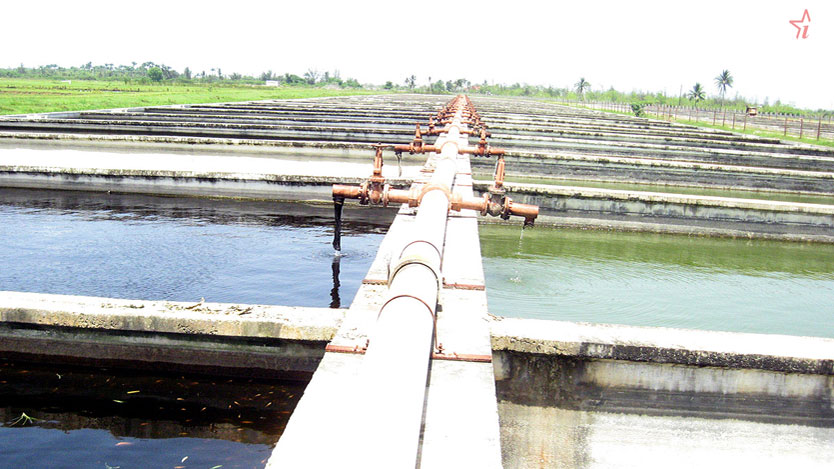The fingerling campaign at the Ciego de Ávila Fishing Company (EPIVILA) has performed well to date, which promises a guarantee of freshwater fish species to repopulate the province's aquariums and thus offer this food to the population.

José Osmundo López Calderón, deputy director of production of the entity, told the Cuban News Agency (ACN) that the task began in March and will last until the first days of November. This time the plan is to achieve 24.6 million fingerlings, which are growing for 45-60 days, and then release them in the water mirrors where they will reach the catch weight.
He reported that 20.3 million fingerlings have been obtained, which are already growing and fattening in the Conjunto Liberación de Florencia, Las Margaritas, Sabanas Nuevas dams and La Leche and La Redonda lagoons, the latter place where they are introduced for the first times tilapia and cyprinid species.
He also pointed out those 12 private producers with small water reservoirs on their land have joined the work, to whom 695,000 fingerlings were delivered.
This food production alternative began in 2020, the year in which only four farmers raised, who repeated it again in 2021, commented the deputy director of Fisheries.
The group of the Máximo Gómez Rice Company also joined the breeding, buying half a million larvae, of which they obtained some 250,000 fingerlings ready to fatten, added López Calderón.
In this regard, Alfredo Reyes Vázquez, industrial director of Máximo Gómez, explained to the ACN that as part of the 63 measures implemented for the state sector, they enter into this type of agreement with the Fisheries, since both entities benefit.
"They assured us the larvae and we raised them in a small dam that we built, now it's time to fatten them up and then sell them most of the tons that we achieve, and the other we will use for our self-sufficiency," Reyes Vázquez said.
If the experience is positive, we will assume it again, since feeding these animals is a bit difficult, he concluded.
